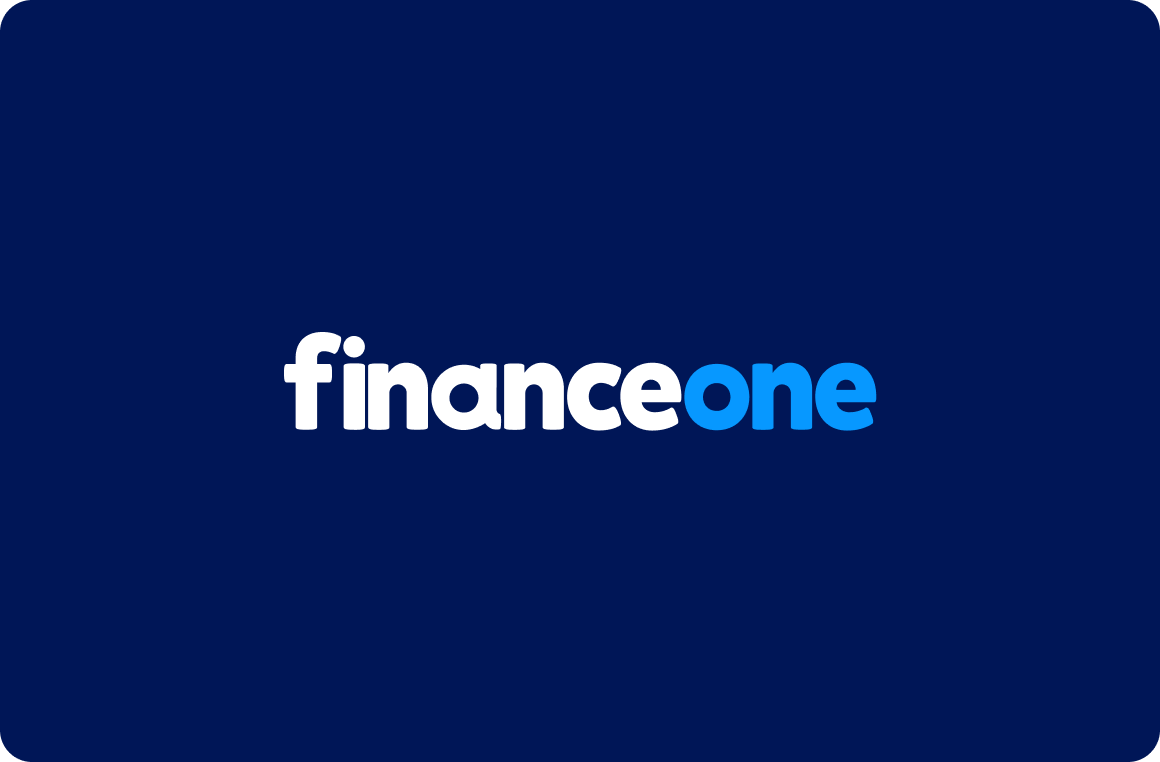
Commercial, Stories
Interest Rate Ranges: How is Your Rate Determined?
A commonly asked question during the loan application process is “what will my interest rate be?”
Interest rate curiosity is understandable, given that the range offered by lenders can vary. Where you fall on the interest rate scale will come down to a number of different factors — perhaps more than meets the eye.
What is an interest rate?
When you are being paid interest, that rate is based on the cash rate set by the Reserve Bank of Australia (RBA). When you are charged interest however, that rate is set by the lenders themselves, but can be influenced by what the RBA does with cash rates!
What determines interest rates?
When you look to borrow money, you’ll probably soon realise that most advertised interest rates are over a range, which show the minimum and maximum rate you might be charged on that loan product. This is where some people can become curious as to why the range is so large.
There are a lot of determining factors when it comes to figuring out how much to charge in interest on credit accounts and products, particularly home loan interest rates,and personal loan interest rates which can include a car loan, boat loans, and unsecured loans. For lenders (including banks and online lenders) lending out money comes with some risk — the risk that the borrower may not be able to pay the loan back. Interest payments can help to mitigate this risk which is why one of the main factors to determining your interest rate is your own financial situation and credit history.
At Finance One, we take a personal approach when it comes to assessing your application
We look at your full situation and may be able to help out even if you have a low credit score, bad credit history or if you don’t quite fit the mould for the traditional lending criteria.
Your credit rating
Credit scores and your credit history play a huge part in determining what your interest rate might be, so it pays to understand your credit score.
Your personal details and financial situation
Loan options
Your loan amount
Your loan term
Fixed Rate vs Variable Rate Personal Loans
With a fixed rate loan, the rate of interest is ‘fixed’ (that means it won’t change) over the life of the loan. A fixed interest rate provides more certainty to you about how much is going to be repaid (as your monthly payments remain consistent). However, variable rate loans, where the interest rate is subject to vary over the loan term, means that the lender may miss out on increasing your rate throughout the term of your loan, subject to interest rate changes.Unsecured loan vs secured loan
Security on loans means that you offer up something of yours (i.e. a suitable asset or form of security) that the lender can re-possess if you can’t pay back your loan. Auto loans are a great example of this; you get a car loan and use the car as security, so in essence the lender could look to sell the car and recoup lost funds if you fail to repay the loan.Comparing personal loans
- Multiple lenders have strict criteria for lending money and they may not cater to applications for those with a poor credit score.
- Whether you can pay off your loan early, and if so, whether early exit fees apply.
Good to know
Finance One doesn’t charge any early repayment fees for paying out your consumer loan early.
The downsides to looking at the average personal loan interest rate
Finance One Personal Loans
Before applying elsewhere, speak to the Finance One team to see if we can help you apply for a personal loan with the best interest rate for your situation!
Disclaimer: The information above is of a general nature only and does not consider your personal objectives, financial situation or particular needs. You should consider seeking independent advice regarding your legal, financial, taxation or other needs, to check how the information relates to your particular circumstances. We do not accept responsibility for any loss arising from the use of, or reliance on, the information. All loan applications are subject to normal lending criteria. Fees and charges payable. Terms and conditions apply.
*24-48 hour approvals are subject to satisfactory documentation being provided to assess the application. **Normal lending criteria, terms & conditions and fees & charges apply. ^Early repayment fees may apply. Please refer to your loan terms and conditions or contact us to confirm if an early payout fee applies to your loan.

Written By
Makala ElliottMakala is the Marketing Manager at Finance One. She has worked in the Finance and Lending industry for over 10 years, gathering a wealth of experience. She is passionate about helping Australians get back on track with their finances by passing on her knowledge.
Follow

